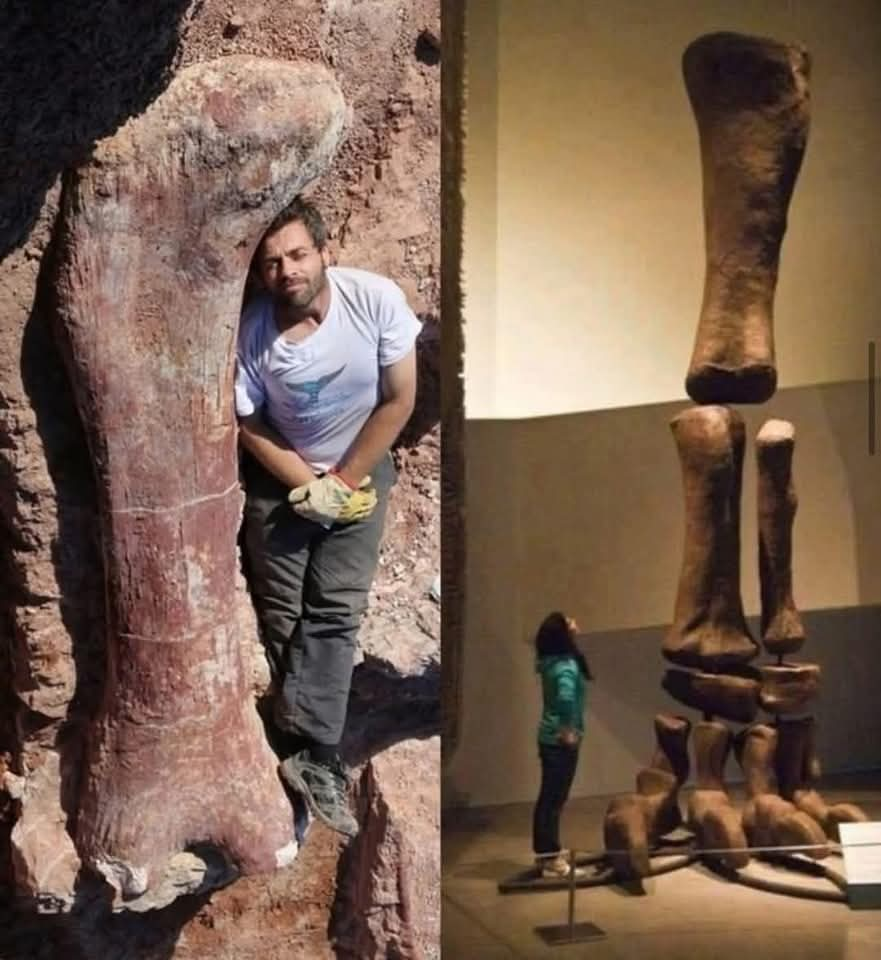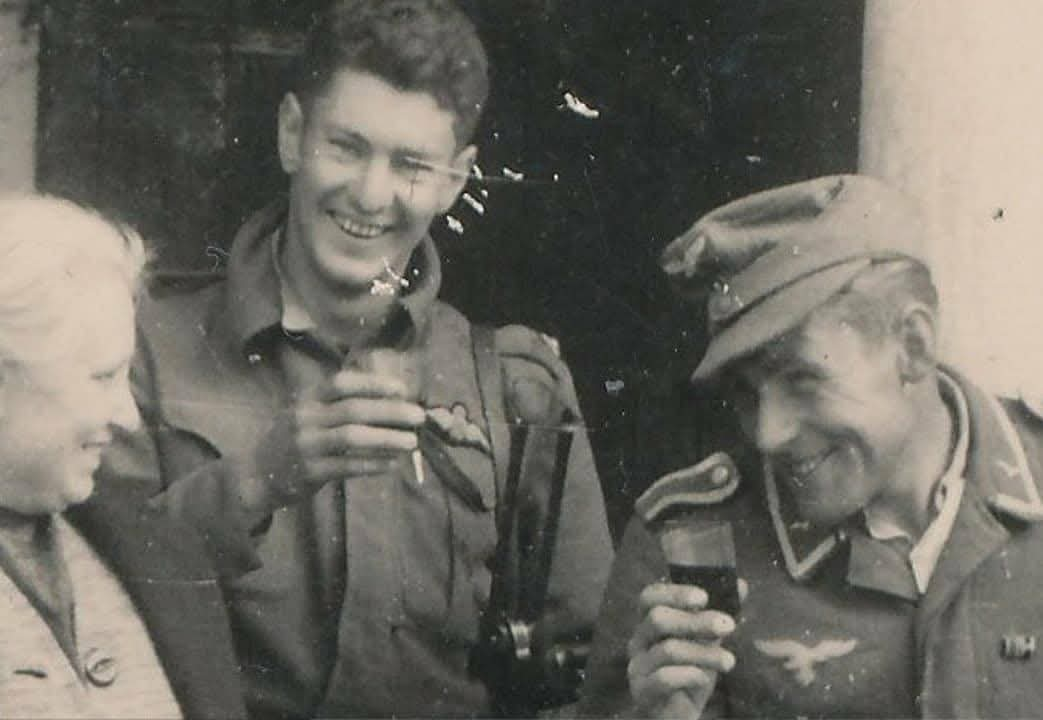
He served as a general in the Union Army during the American Civil War (1861–65), for which he received recognition for his outstanding command of military strategy as well as criticism for the harshness of the scorched earth policies he implemented in conducting total war against the Confederate States.
Sherman was born into a prominent political family. He graduated from the United States Military Academy in 1840 and was stationed in California.
He married Ellen Ewing Sherman and together they raised eight children.
Sherman’s wife and children were all devout Catholics, while Sherman was originally a member of the faith but later left it.
In 1859, he gained a position as superintendent of the Louisiana State Seminary of Learning & Military Academy.
Living in the South, Sherman grew to respect Southern culture and sympathize with the practice of Southern slavery, although he opposed secession.
Sherman began his Civil War career serving with distinction in the First Battle of Bull Run before being transferred to the Western Theater.
He served in Kentucky in 1861, where he acted overly paranoid, exaggerating the presence of spies in the region and providing what seemed to be alarmingly high estimates of the number of troops needed to pacify Kentucky.
He was granted leave, and fell into depression. Sherman returned to serve under General Ulysses S. Grant in the winter of 1862 during the battles of forts Henry and Donelson.
Before the Battle of Shiloh, Sherman commanded a division. Failing to make proper preparations for a Confederate offensive, his men were surprised and overrun.
He later rallied his division and helped drive the Confederates back. Sherman later served in the Siege of Corinth and commanded the XV Corps during the Vicksburg Campaign, which led to the fall of the critical Confederate stronghold of Vicksburg on the Mississippi River.
After Grant was promoted to command of all Western armies, Sherman took over the Army of the Tennessee and led it during the Chattanooga Campaign, which culminated with the routing of the Confederate armies in the state of Tennessee.
In 1864, Sherman succeeded Grant as the Union commander in the western theater of the war. He proceeded to lead his troops to the capture of the city of Atlanta, a military success that contributed to the re-election of Abraham Lincoln.
Sherman’s subsequent march through Georgia and the Carolinas further undermined the Confederacy’s ability to continue fighting by destroying large amounts of supplies and demoralizing the Southern people. The tactics that he used during this march, though effective, remain a subject of controversy.
He accepted the surrender of all the Confederate armies in the Carolinas, Georgia, and Florida in April 1865, after having been present at most major military engagements in the West.
When Grant assumed the U.S. presidency in 1869, Sherman succeeded him as Commanding General of the Army, in which capacity he served from 1869 until 1883.
As such, he was responsible for the U.S. Army’s engagement in the Indian Wars over the next 15 years. Sherman advocated total war against hostile Indians to force them back onto their reservations.
He was skeptical of the Reconstruction era policies of the federal government in the South.
Sherman steadfastly refused to be drawn into politics and in 1875 published his Memoirs, one of the best-known first-hand accounts of the Civil War.
British military historian B. H. Liddell Hart declared that Sherman was “the first modern general.










Leave a Reply